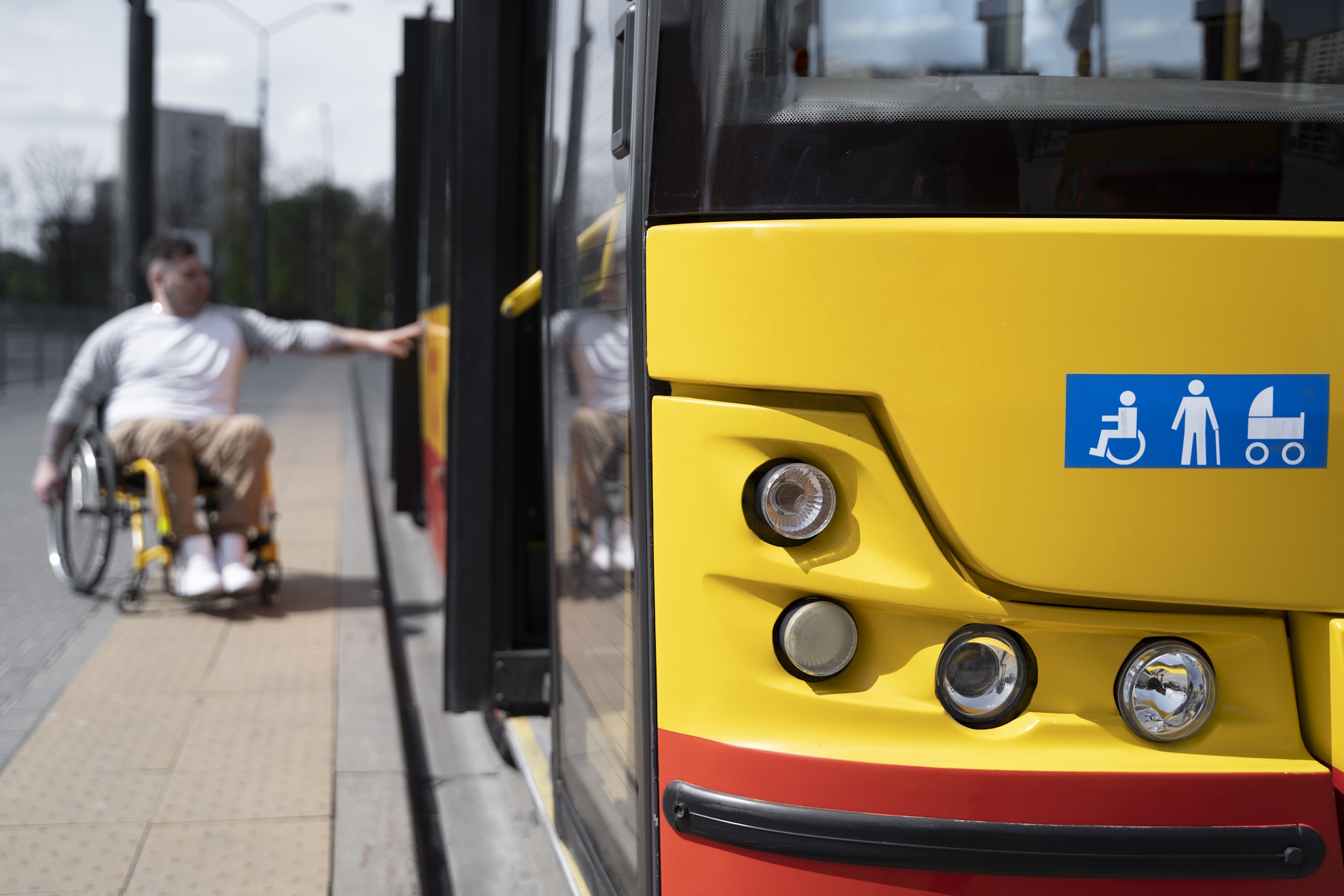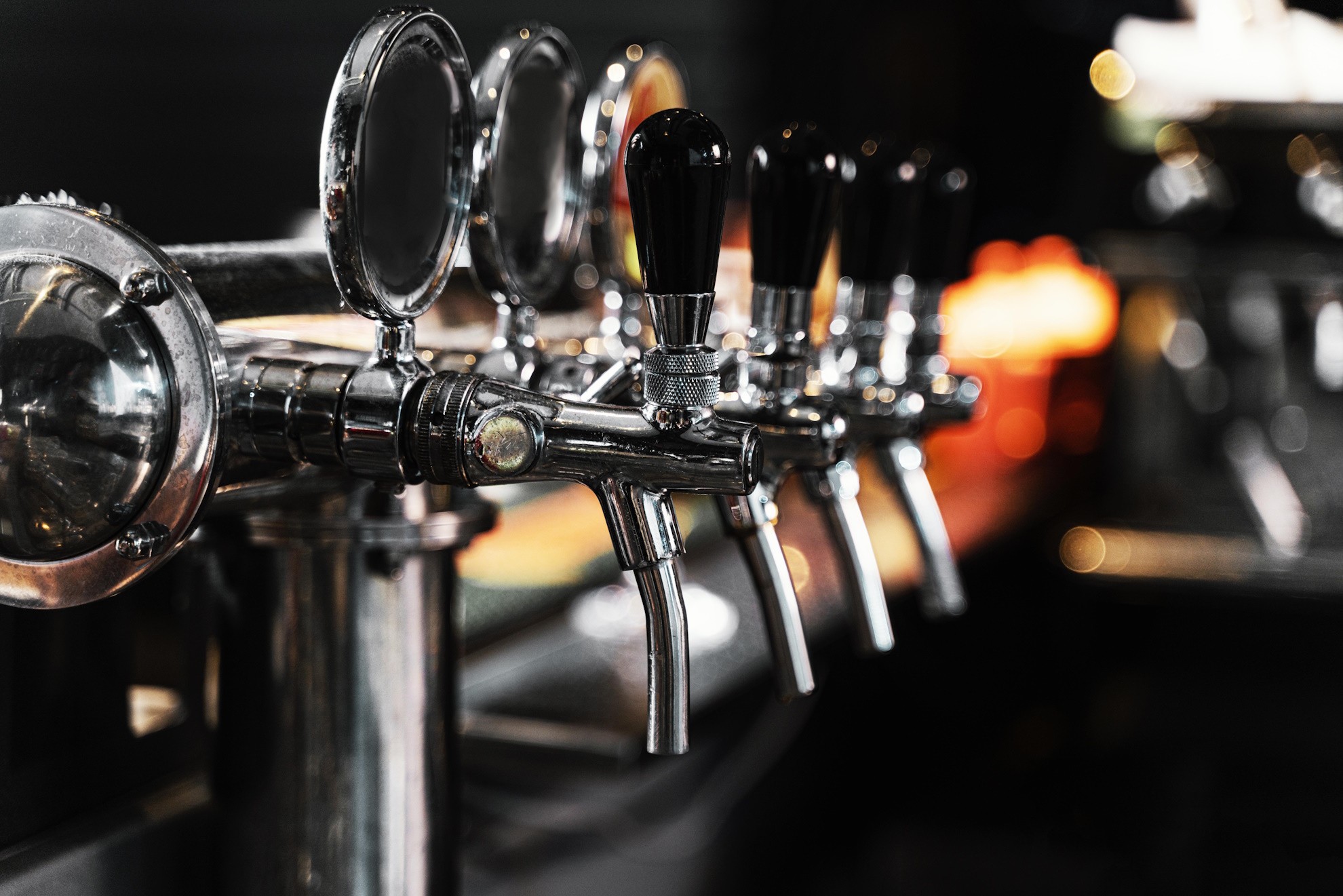The Beautiful Place In germany
Germany
10 days
14 persons
14 (1.5k Reviews)
One of the basic expectations of dining in a restaurant is to enjoy a tasty, pleasant, and enjoyable meal. However, it is not always easy to achieve the perfect dining experience for people with disabilities. Accessibility in restaurants is an important issue that requires attention from restaurant managers and servers to ensure that all customers can enjoy a comfortable and enjoyable dining experience.
Regulations in Israel require that an accessible restaurant should include the following:
-
Accessible entrance: The venue must provide an accessible entrance for wheelchair users, including appropriate solutions for entering the building and entering the restaurant. The entrance should have a minimum width of 75 cm to allow easy access for wheelchairs.
-
Accessible passages: The venue should ensure that there are accessible passages in the restaurant facilities, such as counters and wheelchair spaces.
-
Disability services: The restaurant can provide disability services to support and assist customers with disabilities, including suitable means of communication and assistance.
-
Accessible chairs and tables: A restaurant can allocate 10% of chairs as accessible chairs with armrests and 5% of tables as accessible tables. The tables themselves should provide clear space underneath with a minimum width of 75 cm, a minimum clear depth of 71 cm, and a clear height below the table of 70 cm.
-
Detailed publicity: Detailed accessibility information should be published at the venue and provide contact details of the accessibility coordinator and their means of communication on the restaurant or cafe's website.
-
Assistance with menu reading: Assistance should be provided to customers in reading the menu if needed. This can include printed reading, enlarged print, or Braille print.
-
Accessible menu: A simplified language menu should be provided, including pictures, for more than 10 branches of the restaurant or cafe.
-
Non-musical telephone routing: An option for non-musical telephone calls should be provided at the venue to ensure telephone availability for customers with special needs.
-
Entry of service animals and guide dogs: If the laws permit the entry of service animals or guide dogs to the restaurant or cafe, such entry should be allowed. If entry of animals is prohibited by law, an appropriate facility should be provided where the animal can remain while customers receive service.
Restaurants and cafes have an important role in ensuring accessibility and assisting customers with disabilities. Commitment to proper accessibility guarantees a pleasant and tailored experience for all their customers.



